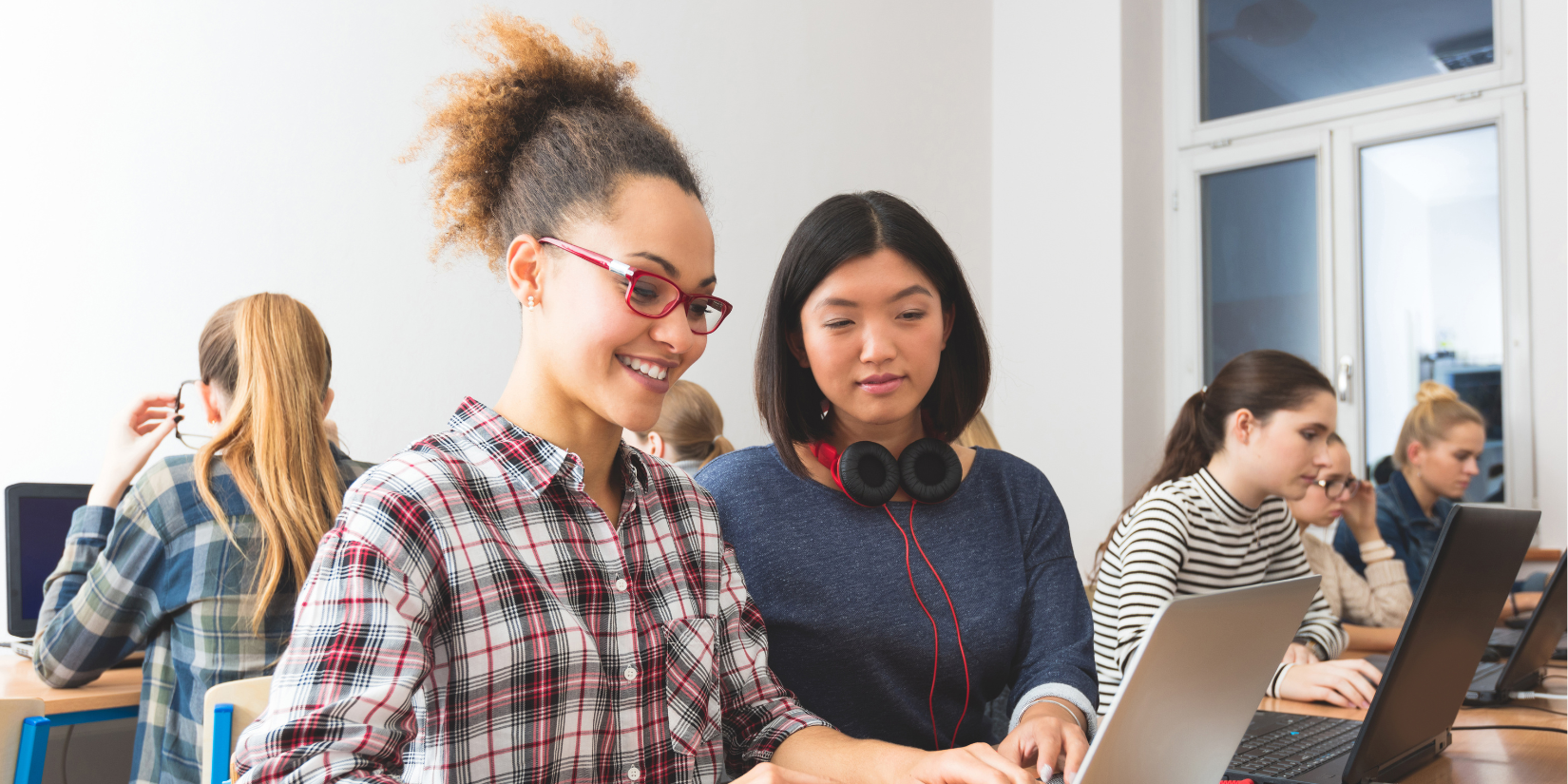ASU partners with This Teenage Life to elevate teen voices and health literacy

For many teens, navigating the complexities of health, identity and adolescence can feel overwhelming. What if they had a space to explore these topics in their own words? That’s exactly what Arizona State University and This Teenage Life, a global podcast created by and for teens, set out to accomplish through a unique partnership aimed at fostering youth-led conversations around health literacy.
The origins of This Teenage Life Adam
This Teenage Life began as an after-school club in San Diego as a space for students to share their experiences and reflect on the challenges of adolescence. But when the COVID-19 pandemic forced schools to go remote, TTL adapted—moving online and reaching a much wider audience in the process. What started as a local conversation quickly became a global one, with teens from around the world joining discussions about identity, relationships and mental health.
Today, TTL has produced over 200 episodes, each one crafted through deep, peer-led conversations that resonate with listeners. TTL takes difficult subjects and makes them feel more approachable by keeping the content conversational, personal and reflective. The podcast’s mission extends beyond just storytelling—it’s about creating community.
This Teenage Life featured on TODAY
The impact of This Teenage Life has not gone unnoticed. A segment on NBC’s TODAY show, recently featured TTL’s founders and discussed how the platform fosters meaningful peer-to-peer conversations on important life topics. As TTL contributor Jayden Dial puts it, “We’re not just talking so we can hear ourselves, we’re talking so others can hear their own thoughts.”
Empowering young voices beyond the classroom
ASU’s Learning Enterprise, which focuses on expanding access to education beyond traditional classrooms, saw an opportunity to support TTL’s mission of amplifying youth voices. ASU collaborated with TTL to merge research-backed educational strategies with the authentic voices of young people. By supporting youth-led initiatives like TTL, ASU is helping shape a future where education is dynamic and learner-centered. The result? A series of podcast episodes that tackle critical issues in a relatable and engaging way.
Health literacy through storytelling
One of the core focuses of this partnership was improving health literacy among teens. Many young people struggle to find credible, understandable information about their well-being. ASU provided subject-matter expertise and educational resources, while TTL’s teen contributors shaped the conversations based on their real-life concerns and experiences.
The podcast episodes touch on essential topics like:
- Overthinking and self-talk
- Stress management and self-compassion
- Loneliness and creating meaningful connections
To listen to the episodes produced through this partnership, visit This Teenage Life on your favorite podcast platform, follow them on Instagram and explore more conversations on their Substack.